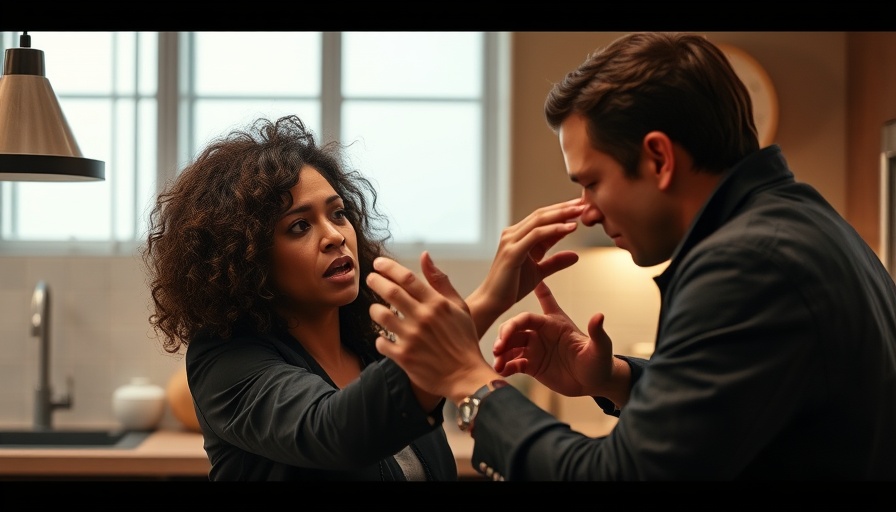
The Shocking Truth Behind Fatal Attraction's Boiling Bunny Scene
In a cinematic world where shock value reigns supreme, few images remain as haunting as the boiled bunny from Fatal Attraction. The 1987 film stirred not only audiences but also ethical debates regarding animal treatment in Hollywood. It has emerged that the infamous scene was not merely a special effect or a clever edit; a real bunny was utilized for the scene—raising deep questions about animal rights and ethical filmmaking.
Hollywood's Dark Secrets: Animal Treatment in Film
As we delve into this controversial topic, it's essential to address the historical context surrounding animal treatment in film. During the late 1980s, the film industry had significantly different standards regarding animal welfare than we see today. Protective regulations were not as stringent, and animal rights groups like the American Humane Association (AHA) began demanding better oversight. This dark moment in Fatal Attraction serves as a stark reminder of the ongoing evolution of industry practices as society’s values change.
What Made This Scene So Memorable?
The boiling bunny scene is often cited as a pivotal moment in thriller narratives, as it highlighted the severe consequences of obsession and revenge. The visceral reaction to this scene forced viewers to confront their perceptions of morality and ethical choices in relationships, echoing the film's underlying themes. Fellow movie buffs may find themselves discussing this scene when examining the boundaries of storytelling in film today.
Counterarguments: Was It Worth the Shock Value?
For many viewers, the boiling bunny was a plot device that opted for shock over substance. Critics argue that the scene’s brutality overshadowed more nuanced storytelling, suggesting that such extreme measures can detract from narrative depth. However, others defend the choice as a necessary evil to convey the movie’s psychological horror. This has fueled debates among film enthusiasts and critics alike, enriching discussions surrounding what constitutes meaningful storytelling versus exploitative shock value.
Animal Rights Activism Has Made Strides
In response to scenes like the one in Fatal Attraction, animal rights activism in Hollywood has flourished. The creation of organizations like AHA has been instrumental in ensuring that no animals are harmed during film productions. By having a representative on set, the risk of exploiting animals is significantly reduced today. Such progress reflects a broader cultural shift toward treating animals humanely in the entertainment industry—an essential advancement fueled by our growing social consciousness.
How This Scene Resounds in Modern Cinema
Fast forward to today, and the lingering implications of the boiling bunny scene can be felt in contemporary discussions of film ethics. Insensitive depictions of animals can isolate crucial audiences who are increasingly aware of animal welfare issues. Viewers today demand to see a shift towards compassion within animal portrayal in all forms of media, as streaming platforms and movies become more accountable to their audience's values. This evolving perspective hints at where modern film narratives might head in terms of developing duty toward non-human life.
Closing Thoughts: The Legacy of Fatal Attraction
The legacy of Fatal Attraction is not just rooted in its captivating performances or gripping narrative; it also forces us to confront challenging questions regarding the ethics of storytelling. While the boiling bunny scene will forever remain one of cinema's most controversial moments, it represents a pivotal learning opportunity for the industry. As we engage with entertainment news headlines today, it’s vital to consider the practice’s implications, ensuring stories reflect our values.
As we explore the latest movie releases and entertainment news, let’s carry with us a commitment to compassionate storytelling. Understanding the choices behind creative decisions can help shape our expectations for the future—whether in blockbusters, indie films, or even Hollywood gossip.
 Add Row
Add Row  Add
Add 




Write A Comment